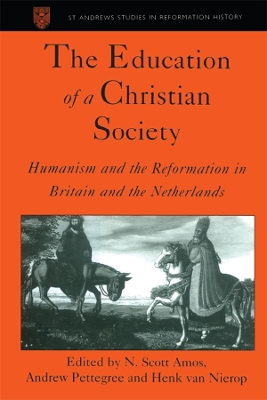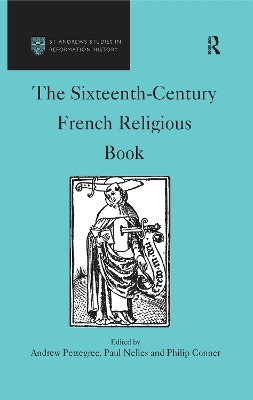St Andrews Studies in Reformation History
2 total works
Throughout the sixteenth century, political and intellectual developments in Britain and The Netherlands were closely intertwined. At different times religious refugees from one or other country found a secure haven across the Channel, and a constant interchange of books, ideas and personnel underscored the affinity of lands which both made a painful progress towards Protestantism during the course of the century. This collection of ten new studies, all by specialists active in the field, explores the full ramifications of these links, from the first intellectual contacts inspired by the growth of Humanism to the planting of established Protestant churches. With contributions from specialists in art history, literary studies and history, the volume also underscores the vitality of new research in this field and points the way to several new departures in the field of Reformation and Renaissance studies.
The Sixteenth-Century French Religious Book
by Andrew Pettegree and Paul Nelles
Published 22 October 2001
This study comprises the proceedings of a conference held in St Andrews in 1999 which gathered some of the most distinguished historians of the French book. It presents the 16th-century book in a new context and provides the first comprehensive view of this absorbing field. Four major themes are reflected here: the relationship between the manuscript tradition and the printed book; an exploration of the variety of genres that emerged in the 16th century and how they were used; a look at publishing and book-selling strategies and networks, and the ways in which the authorities tried to control these; and a discussion of the way in which confessional literature diverged and converged. The range of specialist knowledge embedded in this study will ensure its appeal to specialists in French history, scholars of the book and of 16th-century French literature, and historians of religion.

